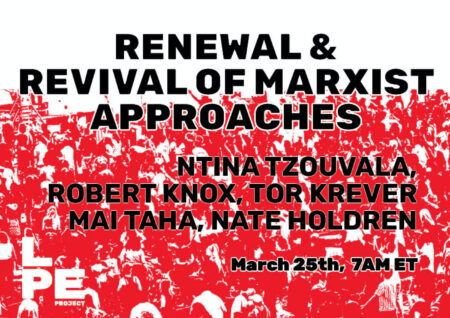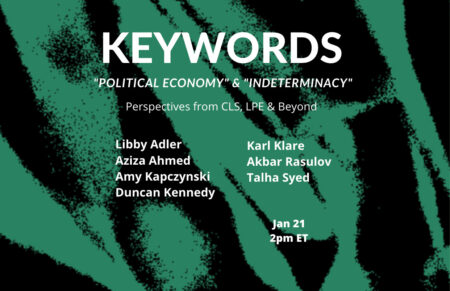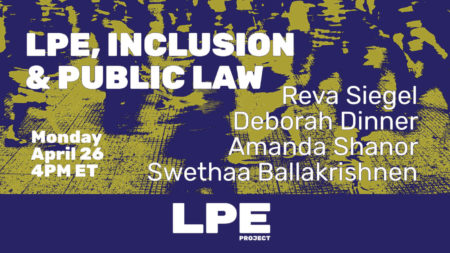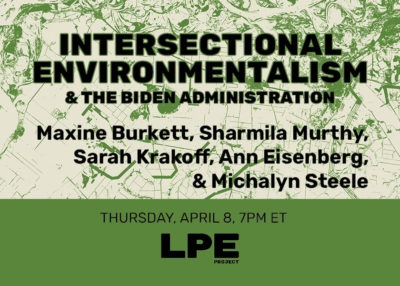
Toward a Manifesto
This is a time of crises. Inequality is accelerating, with gains concentrated at the top of the income and wealth distributions. This trend – interacting with deep racialized and gendered injustice – has had profound implications for our politics, and for the sense of agency, opportunity, and security of all but the narrowest sliver of the global elite. Technology has intensified the sense that we are both interconnected and divided, controlled and out of control. New ecological disasters unfold each day. The future of our planet is at stake: we are all at risk, yet unequally so. The rise of right-wing movements and autocrats around the world is threatening democratic institutions and political commitments to equality and openness. But new movements on the left are also emerging. They are challenging economic inequality, eroded democracy, the carceral state, and racism, sexism, and other forms of discrimination with a force that was unthinkable just a few years ago.
LPE Videos


Keywords: ‘Indeterminacy’ and ‘Political Economy’
Perspectives from CLS, LPE, and Beyond
LPE, Inclusion, & Public Law
with Swethaa Ballakishnen, Deborah Dinner, Amanda Shanor, & Reva Siegel
